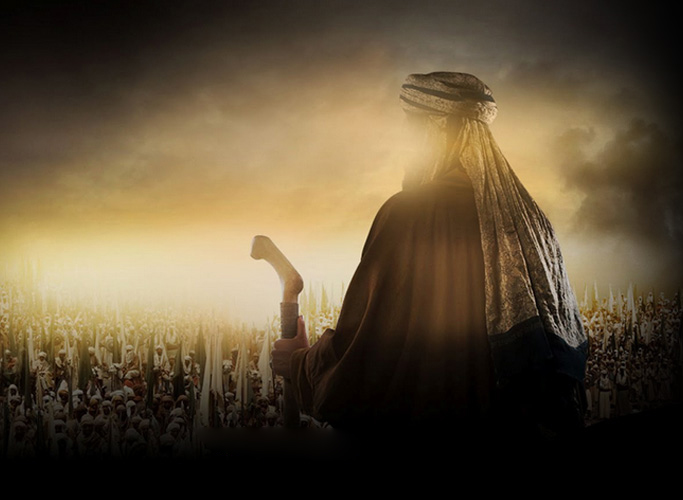The Importance of Imamate after Prophecy
Imamate & Caliphate
Islam is the religion of a correct life which means that all of its laws have two dimensions: life dimension and after worldly dimension. Islam works on improving a lifestyle on different levels, the individual level and social one with their different life dimensions. It also works on refining a man’s self in order to win the hereafter life if he obeys the Islamic laws.
We can perceive the worldly dimension in Islam through the biography of the Prophet (pbuh), after his migration to Madina, where he established the pillars and foundations of the state and managed the political, judicial, economic and military affairs of Muslims, starting in all of this from the mosque, which he started building after he arrived to Madina directly. This is a clear indication that the true religion, which springs to life from the mosque, does not leave small or large matters of life, unless it addresses them and solves its problems and that the mosque constitutes the focal point in every action that Islam calls to.
The response of the Greatest Prophet (pbuh) to these tasks is evidence that he attained the position of Imamate, in addition to the position of prophecy because Imamate means leadership. As for prophecy, it is an expression of calling and conveying the message from God Almighty. The position is a divine position, and not just a human procedure because people are commanded to obey Him and obey those in authority. God almighty says:” And obey Allah and his Messenger that you may be shown mercy”.[1]
The authority of the prophet (pbuh) reached a level of becoming closer to people than themselves where God almighty says:” The prophet is closer to the believers than themselves”. [2]
God almighty has equilibrated the act of not obeying the prophet to disbelief. God almighty says:”Say, Obey God and this Perfect Messenger, but if they turn away then (remember that) God does not love the disbelievers”. [3]
He almighty says:” O you who believe! Obey God, and obey the Messenger, and those in authority among you. If you dispute anything, refer it to God and the Messenger if you believe in God and the Last Day. That is best, and a most excellent resolution”. [4]
Verses associate obedience to God with obedience to the Messenger and that they are closely intertwined. If it wasn't a must to adhere and act according to this position of imamate, then the divine command to obey him and to associate the obedience to the Messenger and the guardian with obedience to God almighty would lack in wisdom and devoid of meaning, but rather containing a contradiction in itself.
On the other hand, the implementation of divine rulings and policies that satisfy God Almighty and the settlement of disputes between people, on the basis of religious laws, requires a procedural force that ensures its implementation. If the procedural powers were left to the kings and sultans, the divine laws would remain hostage to the desires and whims of the rulers, they deal with them through what their own interests dictate. This is what we see in the various governments in this era, after excluding religion from the forefront of events.
This requires the divine rulings to lose their real value in reforming people’s affairs and to confine to theoretical templates, bearing the name of abstract moral value, if they are destined to do so.
On the third hand, if the divine rulings were revealed for the purpose of implementing them and putting them into practice, then there must be values for their implementation, knowing them in detail.
Since the Noble Quran clarifies the faculties of rulings and their general principles, without explaining the details associated with all cases, individuals and eras, then this is not possible because these cases are not infinite. This led to a lack of purpose of the message.
His Eminence Al Sheikh Hatem Isma’il
[1] Surah Al Imran, Verse: 132
[2] Surah Al-Ahzab, Verse 6
[3] Surah Al Imran, verse: 32
[4] Surah Al Nisa, Verse: 59



















